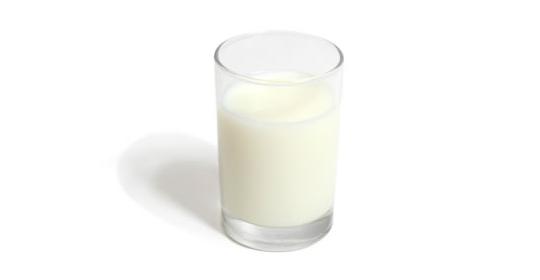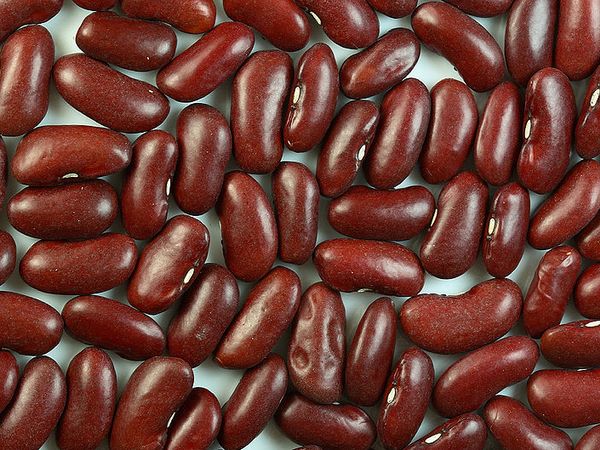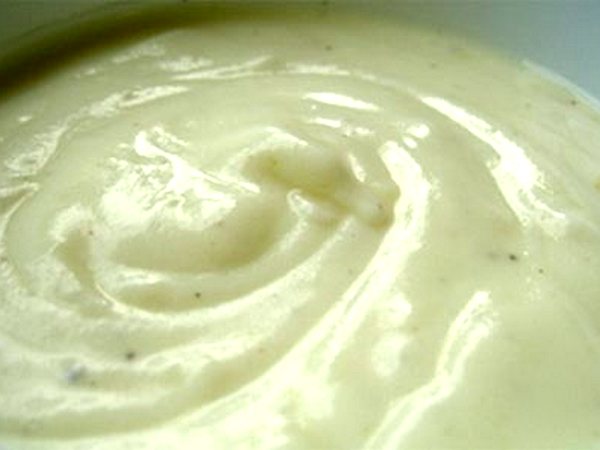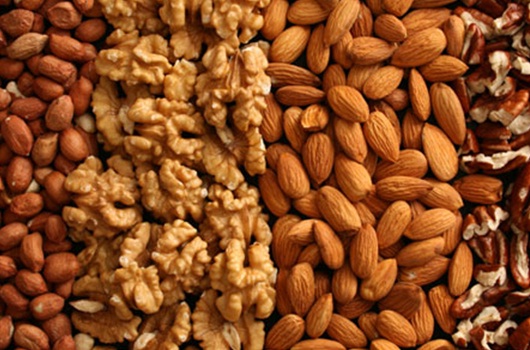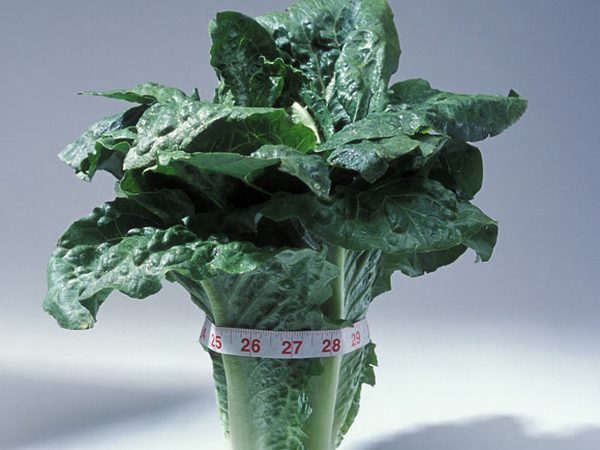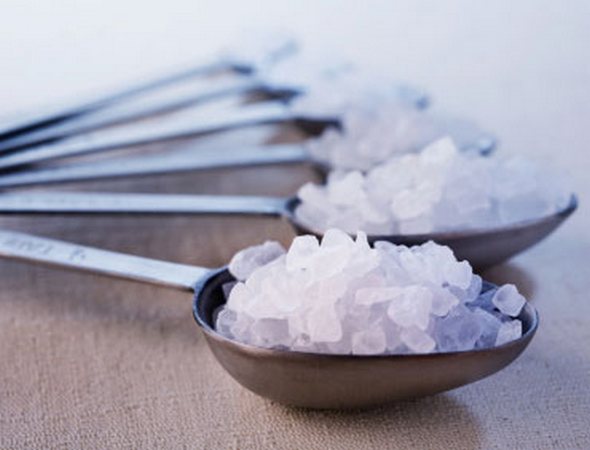 | « Back to article | Print this article |
Eight minerals your body needs
What are the minerals that your body absolutely cannot do without? Dr Yogesh D of Healthcaremagic.com lists out!
Dietary minerals are the chemical elements required by living organisms, other than the four elements carbon, hydrogen, nitrogen, and oxygen present in common organic molecules.
Minerals are small inorganic elements and are indestructible like other nutrients and vitamins.
Calcium, phosphorous, potassium, sodium, chloride, magnesium and sulfur are known as macrominerals and are usually required in amounts more than 100 mg per day as they are present in higher amounts in body tissues.
Calcium
Calcium It is the most abundant mineral in the body with 99 percent deposited in bone and teeth. It helps in development of bone and teeth.
It also helps in blood clotting, nerve conduction and in metabolism of vitamin D.
Milk, milk products and ragi are the best sources of calcium
Calcium deficiency leads to tetany characterised by muscle cramps, numbness and tingling in limbs.
It also causes osteoporosis (brittle bones) leading to stress fractures.
Eight minerals your body needs
Magnesium
Magnesium is important for synthesis of fatty acids, proteins. It also helps in the autonomic control of the heart. Plant foods and meat are rich sources of magnesium.
Eight minerals your body needs
Iodine
It is essential component of thyroid hormones. Sea foods and vegetables grown on iodine rich soil are good sources of iodine. Iodine deficiency causes Goiter. Lack of iodine cal lead to abortions, still births, congenital anamolies.
Eight minerals your body needs
Zinc
It is present in all organs, tissues, fluids and body secretions. Zinc helps information and degradation of the carbohydrates, lipids, proteinsd and nucleic acids.
Sources include lean red meat, pork, whole wheat, cheese, nuts and legumes. Zinc deficiency causes are growth retardation, hair loss, increased susceptibility to infections. Zinc deficiency in pregnancy causes premature delivery, intrauterine growth retardation and neural tube defects.
Eight minerals your body needs
Selenium
Selenium is important for the immune system. It also acts antioxidant. Sea foods and meat are rich sources of selenium.
Eight minerals your body needs
Copper
It is essential for connective tissue formation, iron metabolism, melanin synthesis and utilisation of oxygen. Sources of copper are sea food, meat, legumes. Deficiency of copper leads to anaemia, discoloration of hair and skin.
Eight minerals your body needs
Manganese
It is an important component of certain enzymes. Manganese deficiency causes growth impairment, skeletal anomalies and decreased reproductive function. Source of manganese include cereals, nuts, leafy vegetables and tea.
Eight minerals your body needs
Sodium
Sodium is vital in maintaining fluid balance in the body and is essential in maintaining the blood pressure. The primary source of sodium is edible salt.
